Food
Recipes for Cooking Muskrat Meat
Check it out here.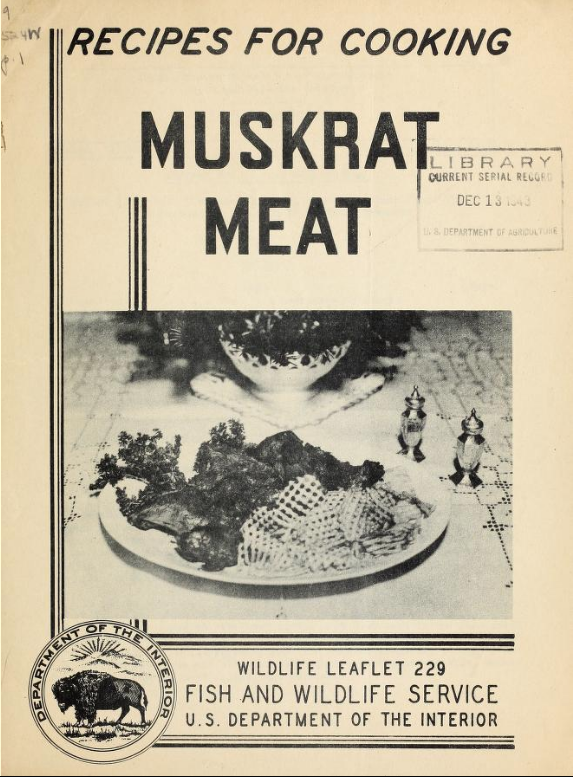
Posted By: Paul - Tue Dec 15, 2020 -
Comments (3)
Category: Animals, Food, Government, 1940s, Nausea, Revulsion and Disgust
World’s Largest Gingerbread House
Seven years ago. What ever happened to it, I wonder.
Posted By: Paul - Wed Dec 09, 2020 -
Comments (0)
Category: Excess, Overkill, Hyperbole and Too Much Is Not Enough, Food, Holidays, Regionalism, World Records
Strange Personal Checks


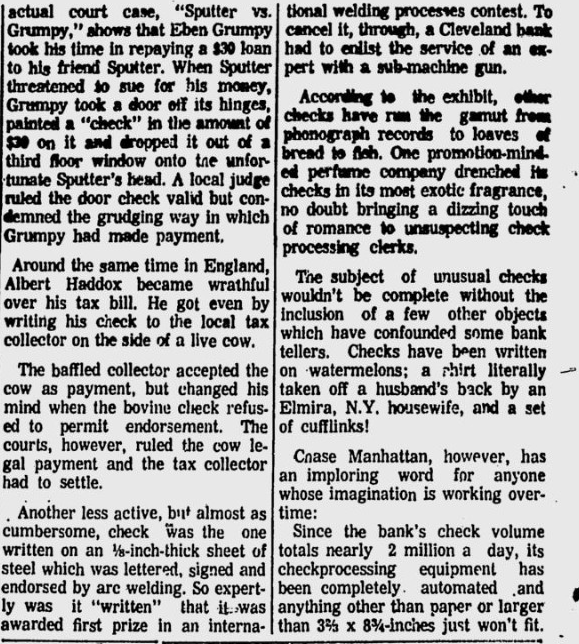
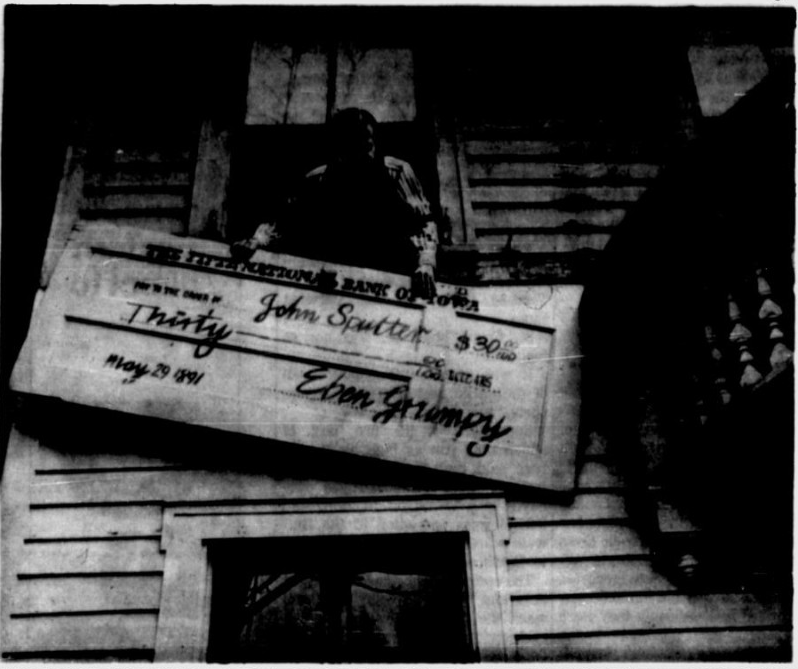
Source.
Posted By: Paul - Fri Dec 04, 2020 -
Comments (7)
Category: Animals, Eccentrics, Food, Money, Pranks and Revenge, 1960s
Happy Thanksgiving 2020!

Posted By: Paul - Thu Nov 26, 2020 -
Comments (0)
Category: Food, History, Holidays, Myths and Fairytales
Canned Roadkill
1990: T. Roy Gentry began selling cans that he advertised as containing possum run over by a cattle truck 2 miles south of Ozark, Missouri. The cans actually contained potted meat from a local grocery store.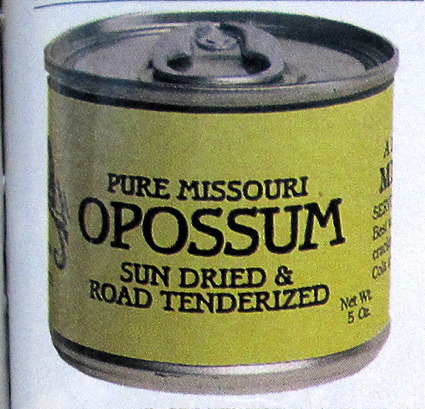
Newsweek - Mar 19, 1990
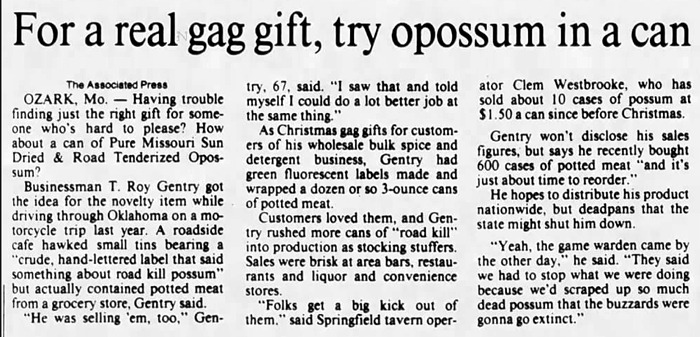
Kansas City Times - Feb 20, 1990
Posted By: Alex - Wed Nov 18, 2020 -
Comments (3)
Category: Food, 1990s, Pranks
The Shipwreck Diet
Studies conducted by the U.S. Army in the late 1940s sought to determine the minimum amount of food a person would need to survive if they were shipwrecked on a desert island.One of the oddities the researchers discovered was that if, for some reason, the shipwrecked person had to choose between steak and water, they should choose the water: "Protein has the effect of drying up the body. Therefore eating a steak on a desert island with little or no water available would probably be worse than eating nothing, depending upon how long rescue took."

"Shipwreck Diet: One of eleven Army volunteers who for six weeks will live on biscuits and water at the Metropolitan Hospital, New York City, to determine a human survival ration."
Newsweek - Mar 15, 1948


Waterloo Courier - Nov 16, 1949
Posted By: Alex - Mon Nov 16, 2020 -
Comments (4)
Category: Food, Nutrition, Experiments, 1940s, Dieting and Weight Loss
Hurff Foods
Hurff... It's not a name, one would think, that would lend itself to selling food. Though it didn't seem to hurt Edgar Hurff's food business, which flourished until 1948. It was then sold to Del Monte, which evidently opted not to keep the Hurff name.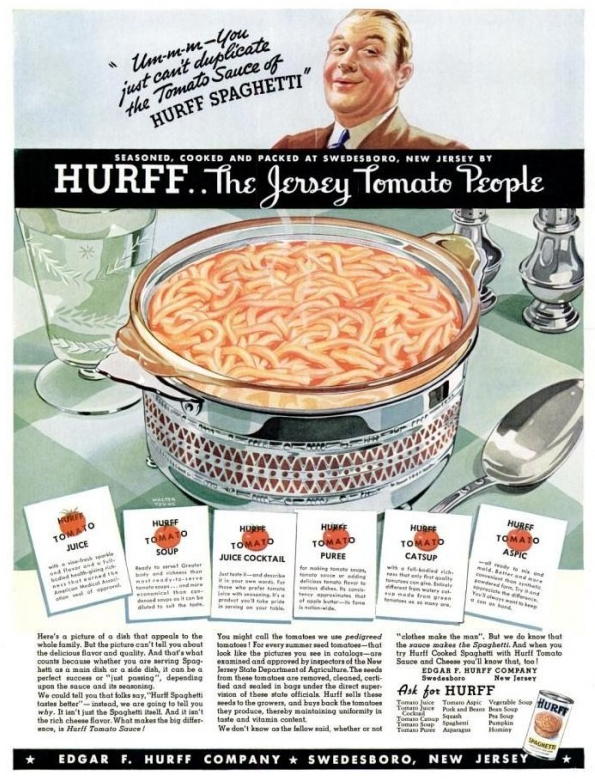
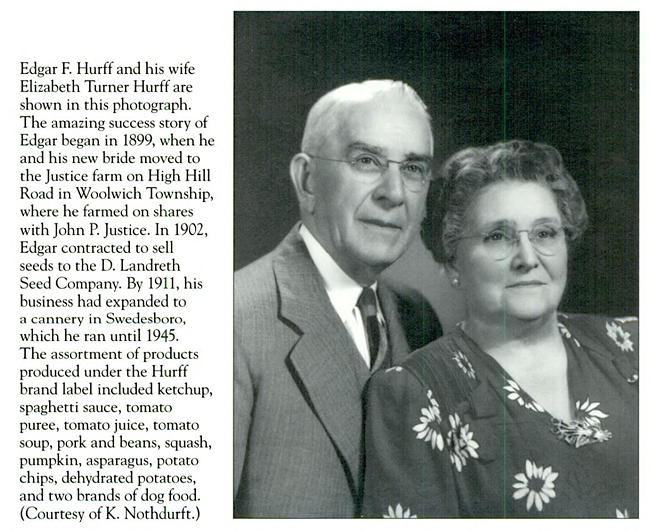
Source: Swedesboro and Woolwich Township
Posted By: Alex - Wed Nov 11, 2020 -
Comments (2)
Category: Food, Odd Names
Cooking for your cat… and you
For those who want to share meals with their cat, Skyhorse Publishing has a cookbook of recipes that both humans and felines can eat.I don't think freshly caught mouse is included, even though I'm pretty sure that's what the cat would prefer.
Amazon link

Posted By: Alex - Fri Nov 06, 2020 -
Comments (2)
Category: Food, Cookbooks, Books, Cats
Roy Mack’s milk-diet tour
Roy Mack set off from New York on May 2, 1939, intending to walk to San Francisco. To make this more of a challenge, he decided to do this while living on a diet of only milk — about six quarts of it a day. He said he wanted to "prove you can live on milk." The media dubbed him the "human milk bottle."By August he had reached Oklahoma City and had also lost 10 pounds in weight. He maintained this was due to all the exercise, not his milk diet.
I have no idea if he ever did reach San Francisco, because I can't find any news reports about him after Oklahoma City. Perhaps the milk diet got the better of him.

Pittsburgh Press - June 3, 1939
Posted By: Alex - Fri Oct 30, 2020 -
Comments (0)
Category: Food, Publicity Stunts, Travel, 1930s, Dieting and Weight Loss
Miss Nebraska Stockgrower
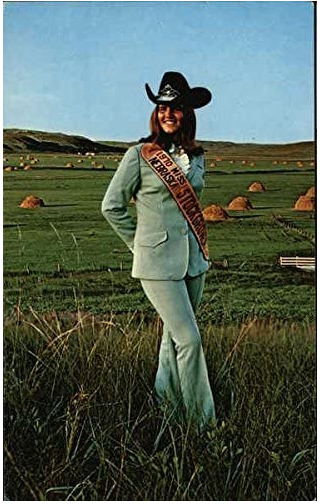
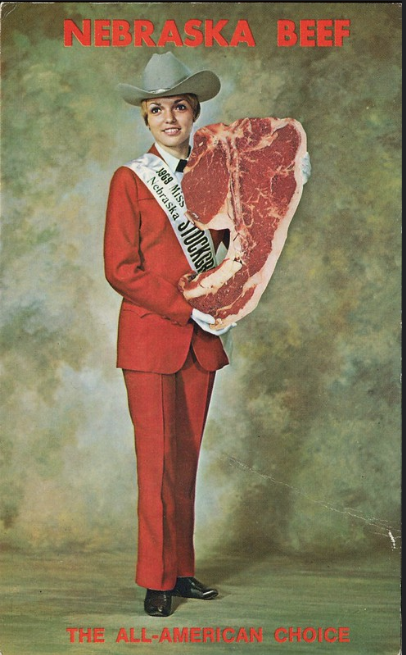
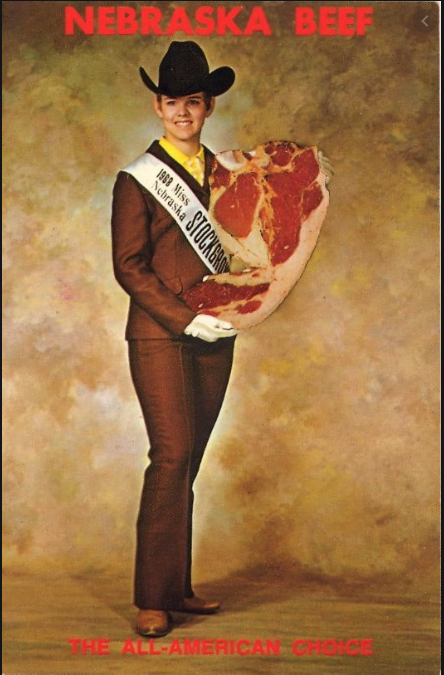
Posted By: Paul - Tue Oct 20, 2020 -
Comments (0)
Category: Awards, Prizes, Competitions and Contests, Beauty, Ugliness and Other Aesthetic Issues, Food, Regionalism, 1960s, 1970s

| Who We Are |
|---|
| Alex Boese Alex is the creator and curator of the Museum of Hoaxes. He's also the author of various weird, non-fiction, science-themed books such as Elephants on Acid and Psychedelic Apes. Paul Di Filippo Paul has been paid to put weird ideas into fictional form for over thirty years, in his career as a noted science fiction writer. He has recently begun blogging on many curious topics with three fellow writers at The Inferior 4+1. Contact Us |




